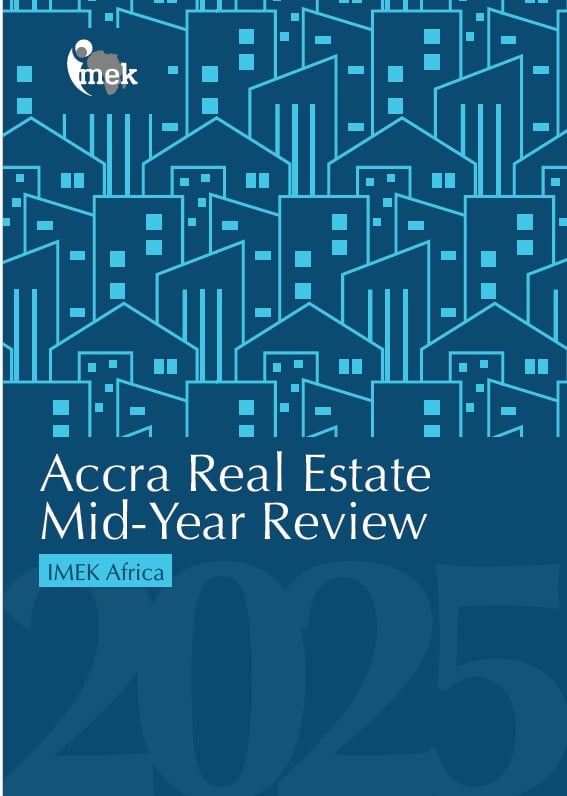The Unwavering High Cost of Construction in Accra: A Persistent Challenge for Builders and Affordable Housing
The construction sector in Accra, Ghana, continues to grapple with stubbornly high prices of building materials despite a recent strengthening of the cedi. The anticipated relief from the improved exchange rate has failed to materialize, leaving builders frustrated and the prospect of affordable housing even more distant. A recent market survey reveals that prices of essential construction materials remain virtually unchanged from the levels observed in late 2024 and early 2025, a period characterized by high inflation and unfavorable exchange rates. Cement, a fundamental component of construction, currently retails at an average of GHC115 for the 32.5R grade and GHC130 for the 42.5R grade. Steel roofing sheets, another crucial material, are priced between GHC25 and GHC70 per square meter, with variations based on thickness. Floor tiles, essential for finishing, average between GHC80 and GHC160 per square meter. These persistent high costs have significant implications for the affordability of housing in Accra.
The sustained high prices of building materials create a significant obstacle for local builders who find it difficult to adjust their prices downwards to reflect the strengthening cedi. This predicament puts pressure on profit margins and hinders their ability to offer competitive pricing for construction projects. Consequently, the dream of owning a home becomes increasingly unattainable for many Ghanaians, exacerbating the housing deficit. The inability to reduce construction costs also discourages private sector investment in the housing market, further limiting the availability of affordable housing options. This situation calls for a comprehensive review of the factors contributing to the sustained high prices of building materials, despite the favorable movement in the exchange rate.
The persistence of high building costs is a symptom of deeper systemic issues within Ghana’s housing market. The volatile economic environment, characterized by fluctuating exchange rates and inflation, creates uncertainty and makes long-term planning difficult for developers. The reliance on imported building materials exposes the construction sector to external shocks, such as global price fluctuations and supply chain disruptions. Furthermore, inefficiencies in the local production and distribution of building materials contribute to higher costs. Addressing these underlying challenges is crucial for creating a more stable and affordable housing market.
The challenges in Ghana’s housing market extend beyond the cost of building materials. The lack of adequate infrastructure, including access to land, utilities, and transportation, adds to the overall cost of housing development. Bureaucratic processes, such as obtaining permits and approvals, can be lengthy and costly, further discouraging investment. The absence of a comprehensive housing policy framework and effective regulatory mechanisms contributes to the fragmented and often speculative nature of the housing market. A holistic approach is needed to address these multifaceted challenges and create a sustainable and inclusive housing sector.
The recent Mid-Year report on Accra’s Real Estate Market by Saasepedia provides valuable insights into the current state of the housing market. The report highlights the persistent price trends, shifting housing dynamics, and the piecemeal nature of interventions in the sector. It serves as a crucial resource for developers, investors, and policymakers seeking to understand the complexities of Ghana’s housing market and other real estate sub-sectors. The report emphasizes the need for a more coordinated and strategic approach to address the challenges and unlock the potential of the housing sector.
Furthermore, the report underscores the importance of data-driven decision-making in the housing sector. Accurate and up-to-date data on market trends, construction costs, and housing demand are essential for informed planning and policy formulation. The report advocates for increased transparency and data sharing among stakeholders to facilitate a more efficient and responsive housing market. Ultimately, the goal is to create a housing market that is accessible, affordable, and sustainable, contributing to the overall economic and social development of Ghana. This requires a collaborative effort among government, private sector actors, and civil society organizations.














